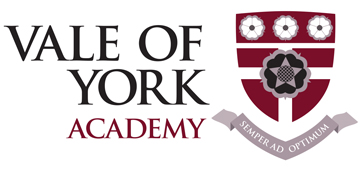01904 560000 hello@voy.hlt.academy
- Home
- Our School
- Our Community
- Dates & Timings
- Food and Drink
- Information for Parents / Carers
- Information for Students
- Letters & Updates
- Our Staff
- Prospectus
- Transition From Year 6
- Uniform
- Curriculum
- Key Information
- Contact us

